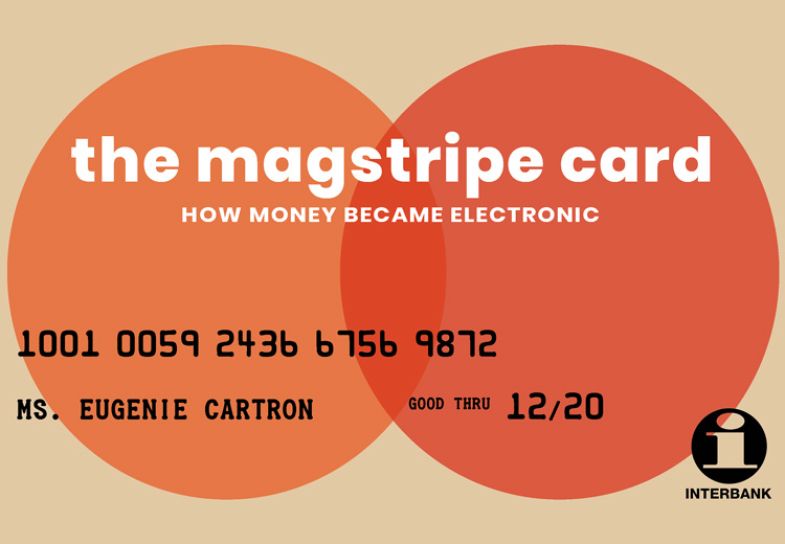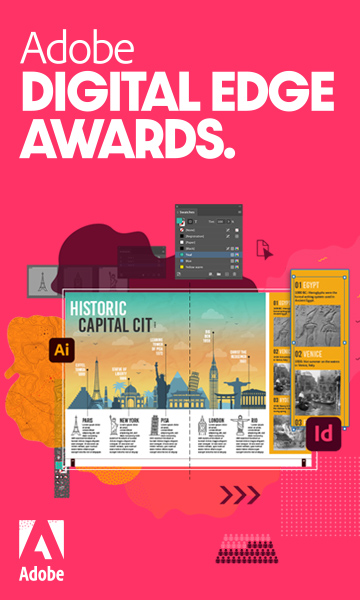
The winners of the 2021 Adobe Digital Edge Awards showcased innovative examples of digital literacy
The emergence and trajectory of the electronic payment system might seem like a complex subject. But Eugénie Cartron found a creative way to make it engaging for all with the help of her digital skill set.
Cartron was one of the winners of the 2021 Adobe Digital Edge Awards, a competition celebrating projects that take student work to the next level using Adobe’s Creative Cloud.
Cartron’s submission was chosen from more than 600 entries from 108 UK universities, earning her the accolade of one of the best examples of digital coursework in the UK.
Cartron was studying a master’s in public administration in innovation, public policy and public value at University College London and was given an assignment to present the emergence of a recent technology and describe its life trajectory. She chose to focus on the magnetic stripe (magstripe) card, which has revolutionised the purchase of goods since its introduction.
The entry, titled “How money became electronic”, harnessed Creative Cloud for an engaging presentation that covered the breadth and depth of the technological innovation, with an aesthetic reflecting the period during which the transformation took place.
Cartron wanted to make the story of the emergence of the magstripe card appealing and used “visual language” to illustrate complex elements. “It was supposed to be basically the journey of an innovation of the past century – how it came into being and what were the dynamics that enabled that innovation to emerge,” she said. “The challenge was making that digestible and interesting to someone who would not normally be interested in that kind of presentation.” In this way, Cartron’s entry encompassed what digital literacy is all about.
Enabling students to explore topics in new and engaging ways, the Digital Edge Awards aim to showcase the examples and opportunity for digital literacy in higher education though active learning.
Having recently graduated, Cartron is now working at Dark Matter Labs, focusing on the European Union’s mission to achieve 100 climate-neutral and smart cities by 2030.
Cartron said the Digital Edge Awards helped her showcase her skills to potential employers. “I think in the job market and the workplace people are very interested in working with those who have the skills to essentially make a very complex idea easily understandable. And that is what digital literacy very often does,” Cartron said.
“That was a real advantage, I think. I would even say being really good at making complex ideas easily understandable is seen as one of my key skills and a reason why I make such a meaningful contribution in my work today.
“Digital literacy and, more broadly, creativity, are very important for public organisations or for anyone really working in the innovation world. I don’t really see a sector where those skills are not relevant. It’s definitely something employers are looking for.” Adobe’s Creative Cloud gives students the tools to explore and develop these essential workplace skills.
Cartron advised students entering the awards in the future to be open-minded and seek “inspiration from things outside your field”.
“I think it’s important to trust your intuition of what your style is and what you’re doing this for,” she said. “Students who have an advantage are those who do it because they believe in the value of it.”
This academic year (2021/22), the Digital Edge Awards are back with double the prize pool, offering more than £24,000 in student prizes.
Find out more about the Digital Edge Awards and how your students can enter.


























